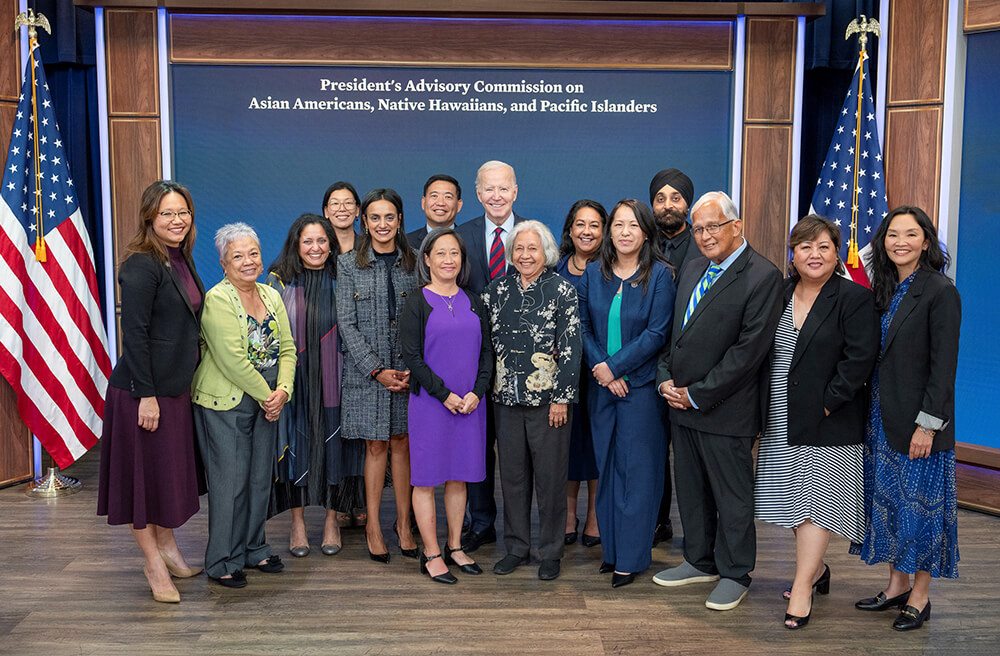From Touro California to the White House
Alum Dr. Kamal Kalsi Reflects on His Groundbreaking Career

Most first-year medical students find their studies to be challenging enough on their own, but Dr. Kamal Kalsi has never resisted the call to use each and every day to make the biggest impact possible.
While in his first year at Touro University California College of Osteopathic Medicine, Kalsi joined the U.S. Army. “I didn’t realize it at the time, but it kicked off a whole other aspect of my life,” he says. “I became a civil rights advocate for religious freedom in the military.” In 2009, Kalsi was granted the first religious accommodation for a Sikh in the military in nearly a generation. This accommodation paved a path not just for himself, but for all service members who wear religious articles of faith like beards, turbans, hijabs, and yarmulkes.
Enlisting in the army during graduate school also kicked off another key aspect of Kalsi’s life: pursuing multiple passions at once. Over the course of his pioneering career, Kalsi earned a Bronze Star Medal while serving in Afghanistan and oversaw the largest EMS system within the military as the EMS director at Fort Bragg. He founded the Sikh American Veterans Alliance (SAVA) and serves as a fellow at the Truman National Security Project. Kalsi balances all this with his service as both a lieutenant colonel in the U.S. Army Reserve and as a White House commissioner for the Asian American, Native Hawaiian, and Pacific Islander (AAHPI) communities.
Kalsi, who graduated in 2005, says his time at Touro prepared him well for a richly varied career. “Some medical students have a really concrete vision of what kind of doctor they want to be, and others, like me, like everything. Which is why I enjoy emergency medicine—it’s the first five minutes of everything.” On campus, his classes and professors nurtured this wide-ranging interest, rather than pressuring him to narrow it down. He fondly recalls the one-on-one attention he received in classes that were tough for him, like anatomy. The educators at Touro go “above and beyond to help their students understand the material,” he says. “There’s beauty and humanity in that approach. It’s a place of passion and learning.”
What advice would Kalsi have for the next generation of medical students? “I would tell them to expect change.” Kalsi believes that Touro fosters the kind of creativity and innovation that will serve future doctors well. “Medicine in the next decade or two is really going to flourish. It’s changing dramatically even as we speak. Preparing your students in a way that allows them to think outside the box will allow them to serve their patients better.”
